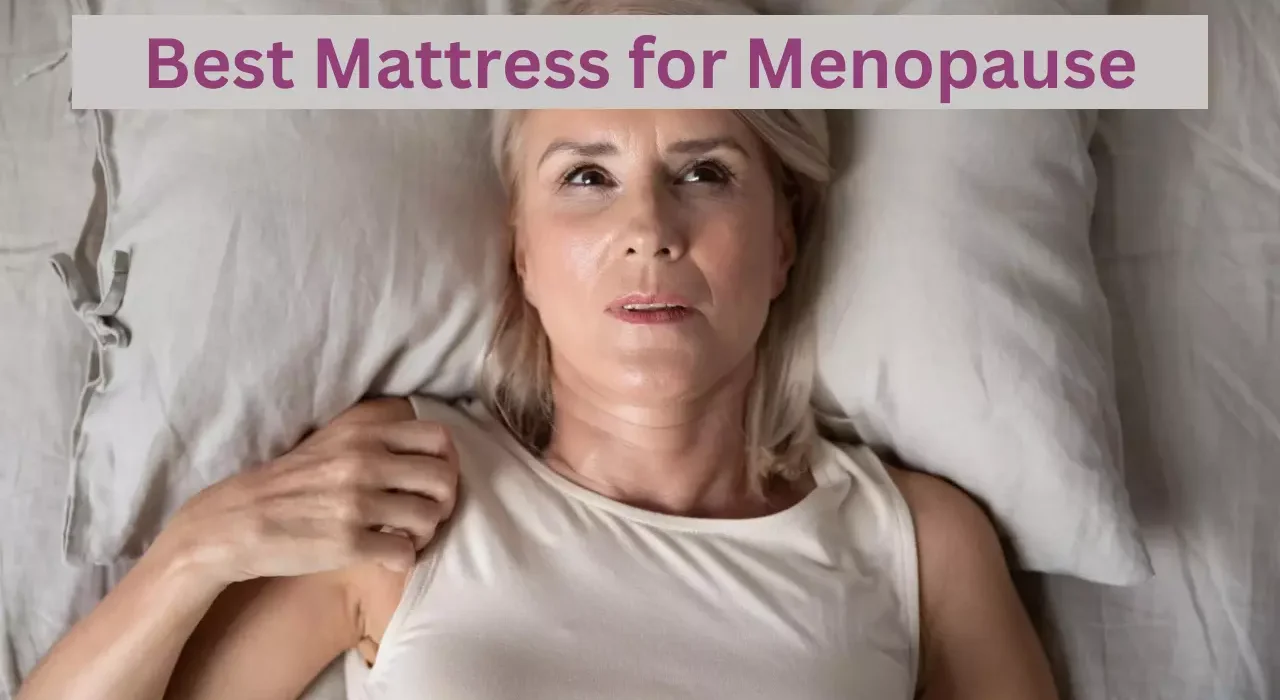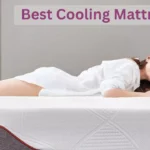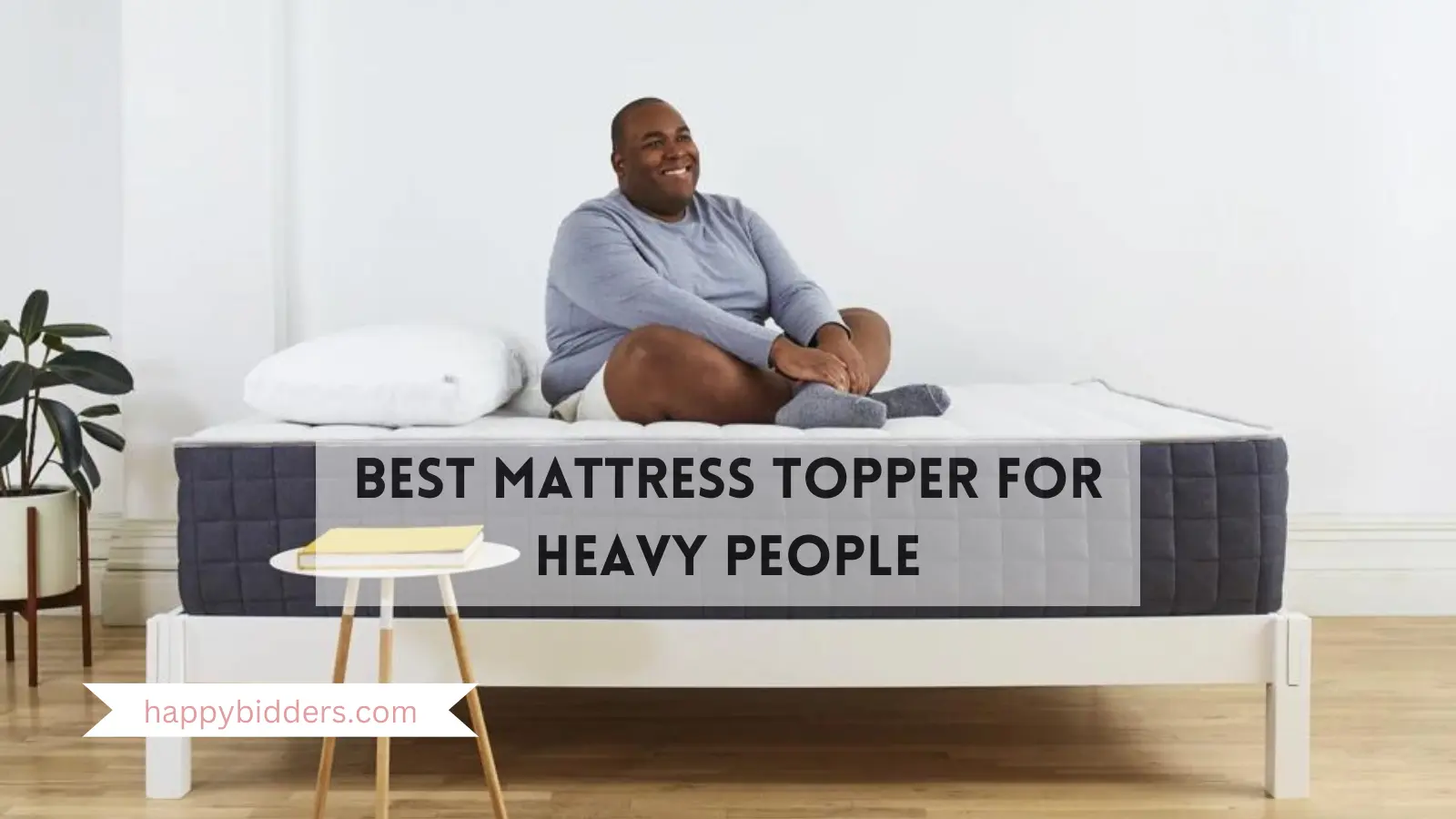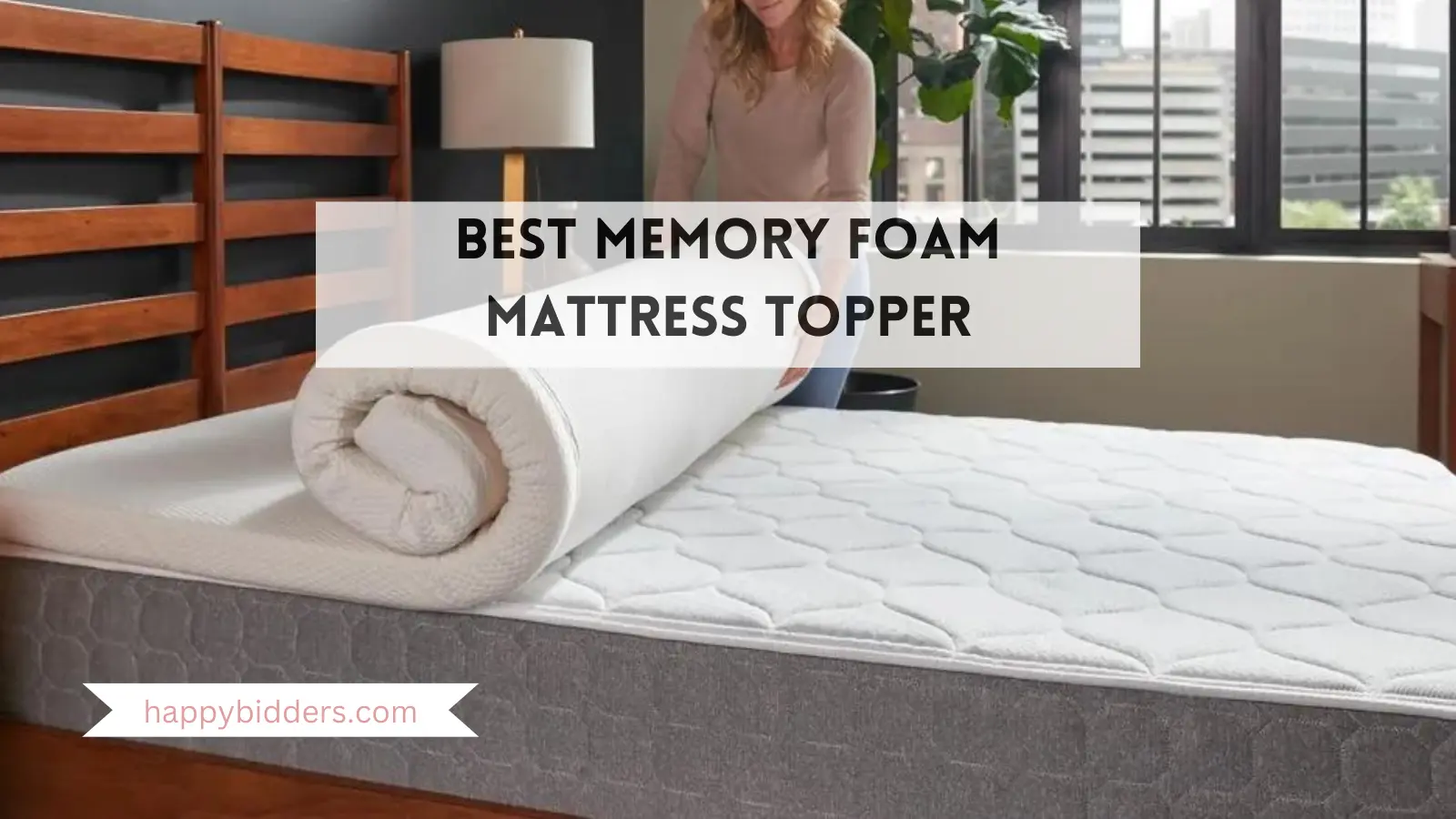Menopause can bring about mental and physical changes in women, which often result in sleep disturbances and fatigue. Studies have shown that 25 to 50 percent of women experience sleep issues during menopause. This natural shift in hormones typically occurs in women between the ages of 40 and 50. Premature menopause can result from having a hysterectomy, or after going through chemotherapy.
Regardless of when menopause happens, common symptoms include hot flashes, night sweats, headaches, joint pain, and mood swings. It can cause issues with bladder control, breathing, and overall sensitivity. Many women also gain weight during menopause. Due to changes in hormones and these common symptoms, menopause can have a direct effect on the quality of sleep. The right mattress can help alleviate some of the symptoms of menopause, improving overall sleep quality and helping you get a good night’s rest.
Since menopause symptoms can persist for 5 to 10 years, a new mattress may be a wise investment. The best mattresses for menopause provide pain relief for muscles and joints. Our top picks include luxury hybrid mattresses that combine elements of innerspring and foam mattresses, resulting in better airflow, temperature regulation, and motion isolation. We also include a buyer’s guide to help you determine which mattress is right for you and additional tips for getting better sleep during menopause.
Best Mattresses for Menopause: Buyer’s Guide
Since your mattress has a direct impact on how well you sleep, it is important to select the right one. Buying a mattress can feel overwhelming, though the process has become easier with the prevalence of online mattress companies and generous sleep trials. Women experiencing menopause should consider their symptoms, as well as their unique needs and preferences, before deciding on a mattress. This buyer’s guide will help you determine what to look for in a mattress and additional sleep accessories.
How Does Menopause Affect Sleep?
Menopause is triggered by a natural decline in reproductive hormones as ovaries stop releasing eggs, resulting in the end of menstrual periods. This change can also result from having a hysterectomy or undergoing chemotherapy. Premature menopause may also be caused by ovarian insufficiency. While the average age for menopause is 51, symptoms can start earlier and last for several years. Menopause can affect sleep quality, bone density, and cardiovascular health, so it is important to understand the symptoms and treatment options available.
Common symptoms associated with menopause, including hot flashes, aching joints, and breathing issues, can directly affect sleep quality. Hot flashes and night sweats tend to cause discomfort throughout the night. Many women also face symptoms of anxiety and depression, which can lead to insomnia. There is also an increased prevalence of pain disorders like fibromyalgia. Meanwhile, Estrogen levels decline during menopause, which can impact levels of melatonin and cortisol in the body. All of these symptoms can make it difficult to fall asleep and stay asleep. Poor sleep quality can result in irritability, fatigue, and loss of concentration.
There are treatment options that can offset some of the symptoms of menopause and encourage better sleep. Hormone therapy can reduce hot flashes and help regulate your temperature while you sleep. Estrogen is used to relieve symptoms and prevent bone loss. This treatment is typically recommended as a short-term option, as there are risks. Vaginal estrogen is a treatment option for those experiencing dryness and bladder control issues. Antidepressants can be used to treat symptoms of anxiety and depression, and other medications are available to help with insomnia and additional symptoms. Changes in diet and exercise can also have positive effects during menopause. It is important to consult with a medical professional to determine the best possible treatment options.
What Type of Mattress Is Best for Menopause?
When suffering from symptoms of menopause, it can be difficult to get a restful night’s sleep. The right mattress can alleviate some of these symptoms and promote better sleep quality.
Since hot flashes are a common symptom of menopause, a mattress that regulates temperature is ideal. Natural materials like cotton, eucalyptus, and wool can wick away moisture from sweating. These breathable materials prevent overheating and maintain a more consistent temperature. Certain synthetic materials, including traditional memory foam, can restrict airflow and retain body heat. Mattresses with innerspring support layers tend to have better airflow and temperature regulation.
In addition to hot flashes, many women experience back pain, muscle tension, and aching joints. Comfort layers in a mattress can cushion pressure points and relieve tension. Proper support is especially important in a mattress, as this keeps the spine aligned and prevents further back pain.
There are several mattress types to choose from, each of which offers benefits and drawbacks that should be considered prior to making a purchase.
Memory foam mattresses tend to be a popular choice due to their responsive nature and cushioning feel. These mattresses are typically made of memory foam comfort layers with a support base of high-density polyfoam. Foam contours closely to the shape of your body, giving the feeling of being hugged by the mattress. This cushions pressure points and helps to keep the spine aligned. While traditional memory foam can retain body heat, there are other types of memory foam that offset this with gel beads, graphite, or copper.
Average Price:
Memory foam mattresses tend to cost between $500 and $1,000 on average. Higher-end, luxury models may cost up to $4,000. The price can be affected by the density and quality of foam used and the overall construction.
Pros for Menopause:
- Memory foam is cushioning and provides relief for pressure points and minor aches and pains caused by menopause.
- Thick foam minimizes motion transfer, so those who share a bed won’t be disturbed by their partner’s movements throughout the night.
- Memory foam infused with copper, gel, or graphite can draw heat away from the body for better temperature regulation.
Cons for Menopause:
- Closely conforming memory foam absorbs and retains heat while restricting airflow, which is not ideal for those experiencing hot flashes.
- Memory foam mattresses tend to lack edge support.
Latex mattresses are constructed with a support core and comfort layers of natural or synthetic latex. Synthetic latex is petroleum-based and tends to be more affordable. Natural latex is harvested from the sap of rubber trees. It is then processed with either the Dunlop or Talalay method. Dunlop latex tends to be firm and durable, while Talalay latex is softer and lighter. Latex is breathable and temperature-regulating. It also provides contouring support without conforming too closely. The buoyant feel adds bounce to the mattress.
Average Price:
Natural latex mattresses tend to be more expensive, with an average price point of $1,500 to $2,000. Synthetic latex mattresses tend to cost under $1,000.
Pros for Menopause:
- Latex is breathable and regulates temperature, which can offset the discomfort of hot flashes.
- Latex mattresses tend to be durable and long-lasting, making them a valuable investment.
- Buoyant latex form gently contours to the shape of your body to relieve minor aches and pains associated with menopause.
Cons for Menopause:
- Latex mattresses are heavy and may be difficult to move or adjust.
Innerspring mattresses are the most traditional and easily recognizable. These mattresses feature a support base of innerspring coils. There are several types of coils available, including pocket coils, Bonnell coils, offset coils, and continuous wire coils. Pocket coils are individually wrapped in fabric to offset noise and reduce motion transfer. Innerspring mattresses tend to have better airflow and less heat retention. A soft comfort layer sits on top of the coil support base to add cushioning.
Average Price:
Innerspring mattresses tend to be the most affordable option, with an average price point of $500 to $1,000. The price depends on the type of coils used, as well as the material used in the comfort layers.
Pros for Menopause:
- Airflow throughout the coil support layer improves temperature regulation in the mattress.
- Innerspring mattresses tend to have reinforced perimeters, which makes it easier to get in and out of bed.
Cons for Menopause:
- Coils do not prevent motion transfer, so you may be disturbed by your partner’s movements throughout the night.
- The coils may make some noise when bearing weight.
Hybrid mattresses combine elements of an innerspring mattress and a latex or foam mattress. The support base is typically constructed with innerspring coils, while the comfort layers are latex or memory foam. The combination of materials can increase the benefits of each while reducing some of the drawbacks. Hybrid mattresses tend to offer pressure point relief and contouring support with better airflow and temperature regulation.
Average Price:
Hybrid mattresses vary in construction and materials. As a result, they also vary widely in price. The average hybrid mattress costs between $1,000 and $5,000.
Pros for Menopause:
- Thick comfort layers cushion pressure points and relieve muscle tension, aches and pains.
- The innerspring support layer of a hybrid mattress increases airflow and regulates temperature.
- Hybrid mattresses tend to have better edge support, increasing the sleepable surface area of the bed and making it easier to get in and out.
Cons for Menopause:
- The higher price point may not appeal to those shopping on a budget.
Important Factors to Consider When Buying a Mattress
Before purchasing a mattress, there are many factors to consider. Everyone has different needs and preferences, so there is not a one-size-fits-all approach to mattress shopping. Before investing in a new mattress, consider your priorities and budget. When experiencing menopause, it is also important to keep your symptoms in mind, as the right mattress can help alleviate them. Certain materials are better at support and temperature regulation, while others prevent motion transfer and conform closely to the shape of your body. Buying a new mattress can be a difficult choice, but the following factors can help you evaluate which mattress is right for you.
- Support: Support in a mattress is determined by how well it keeps your spine aligned. Proper support can ease back pain and muscle tension caused by menopause. Consider your sleeping position and body weight, as these can affect how supportive the mattress is. Durable, high-quality materials retain their shape over time and provide consistent support.
- Contouring: How well a mattress conforms to the shape of your body depends on the materials used. Materials like natural latex and memory foam contour to your shape, which relieves pressure points and provides cushioning for your shoulders, back, and hips. Since aches and pains are common throughout menopause, contouring comfort layers can provide relief.
- Firmness: Mattress firmness is subjective, and can be impacted by body weight, sleeping position, and personal preferences. Medium-firm mattresses are common, as these appeal to a range of sleeping positions and body types. Soft mattresses provide additional cushioning, especially if you sleep on your side. Firm mattresses can provide more support for heavier sleepers.
- Motion Isolation: If you share the bed with a partner, motion isolation is an important consideration. When experiencing menopause, you may already have difficulty falling asleep or staying asleep. If you are easily disturbed by your partner’s movements throughout the night, a mattress with motion isolation is ideal. These mattresses typically have a comfort layer that absorbs movement and prevents it from transferring across the bed.
- Temperature Regulation: Hot flashes and night sweats are common throughout menopause, so a mattress with temperature regulating properties can offset some of the discomfort. Breathable materials like cotton, wool, and eucalyptus wick away moisture and heat. Mattresses with latex comfort layers and innerspring support tend to have improved airflow, which can help you sleep cool. Memory foam has a tendency to retain heat, though foam infused with gel, graphite, or copper can draw heat away from the body.
- Edge Support: Proper edge support increases the sleepable surface area of the bed, providing support from edge to edge. This is essential for those who sleep or sit on the edge of their bed. Innerspring and hybrid mattresses tend to have reinforced perimeters for edge support, while foam mattresses are more likely to sag along the edges over time.
- Noise: A mattress that is silent when bearing weight will minimize sleep disturbances throughout the night, especially if you share the bed. Mattresses with innerspring coils may make noise when you shift or change positions, while materials like memory foam tend to be silent when bearing weight.
- Price: Buying a new mattress is an investment. Mattress can range in price from $500 to $5000, so be sure to determine your budget before shopping. High-quality materials and construction tend to increase the lifespan of a mattress, though they can also increase the price.
Sleep Help for Women During Menopause
During menopause, both mental and physical health are affected. From hot flashes to breathing issues, menopause symptoms can make it difficult to fall asleep. Though menopause can negatively affect sleep quality, there are ways to find relief. Creating a comfortable sleep environment and consistent bedtime routine can help.
- Set a cooler bedroom temperature: The recommended room temperature for a comfortable night’s sleep is 65 to 72 Fahrenheit. Studies have shown that cooler temperatures can also reduce hot flashes while improving sleep latency and helping you fall asleep faster. In addition to keeping the room cool, you may want to invest in blackout curtains that keep the room dark and provide additional insulation. Creating a comfortable, quiet environment can help signal that it is time to prepare for sleep.
- Invest in breathable bedding and sleepwear: Hot flashes and night sweats are caused by fluctuating hormone levels during menopause, making it difficult for your body to regulate its temperature. Breathable bedding and sleepwear can wick away moisture and heat. Natural materials like eucalyptus and cotton tend to feel lightweight and comfortable. Investing in bedding that draws heat away from the body may help regulate your body temperature for a comfortable feel throughout the night. Lightweight pajamas can prevent overheating.
- Avoid caffeinated beverages before bedtime: During menopause, women are more likely to experience difficulty falling asleep or staying asleep. Having coffee or caffeinated beverages later in the day makes it more difficult to fall asleep at night. Since women experiencing menopause may have issues with bladder control, they may also find their sleep interrupted by having to get up throughout the night and go to the bathroom. Establish a routine that eliminates unnecessary beverages in the evenings.
Additional Sleep Accessories for Menopause
Purchasing the right mattress is essential for high-quality sleep. In addition to a supportive and comfortable mattress, the following sleep accessories can enhance the quality of your sleep and provide additional comfort. Pillows can be used to support your head and neck or prop up restless legs. Mattress toppers can customize the comfort level of your mattress. Adjustable beds give you the ability to change the position of your head and legs. Each of these accessories offers unique benefits.
Pillows
Pillows are commonly used to support your head and neck and can help keep your spine aligned as you sleep. When selecting a pillow, your sleeping position should be taken into consideration. Higher loft pillows can fill the gap between your head and shoulders if you tend to sleep on your side. Lower loft pillows are ideal for back and stomach sleepers. Those who are experiencing breathing issues, including sleep apnea, as a result of menopause may use wedge-shaped pillows to prop their head up. This can promote better breathing and keep your airway open.
Body pillows can also provide support for aching muscles and joints caused by menopause. These pillows are larger and tend to have a flexible design. They can be used to prop up your legs, arms, or hips. Body pillows can also provide additional cushioning for pressure points. There are a wide variety of pillows available to suit different needs and preferences.
Mattress Toppers
If you are not in a position to purchase a new mattress, or if you recently purchased a mattress that is not quite what you wanted, a mattress topper is worth considering. Mattress toppers are a thick comfort layer that sits on top of your mattress, underneath your fitted sheet. This allows you to change the firmness and comfort level of your current mattress. Mattress toppers are available in different materials, from memory foam to latex or wool. You can choose a topper that makes your mattress feel softer or firmer. Mattress toppers can also enhance the temperature regulation, motion isolation, and support of your mattress. This allows you to choose a topper that targets menopause symptoms, from hot flashes to aching muscles. Breathable materials can promote airflow and offer a cooler night’s sleep while cushioning foam can relieve pressure points and provide additional support.
Adjustable Beds
Adjustable beds let you customize the elevation of your head and feet. This can provide consistent comfort without the use of pillows. Since breathing issues are more common in menopause, keeping your head elevated can reduce snoring and improve your breathing. Adjustable beds can also relieve back pain by reducing the amount of pressure on the spine. Some adjustable beds include massage settings for additional pain relief. If you share the bed with a partner, you may choose an adjustable bed with a split frame for further customization.
Before purchasing an adjustable bed, check to ensure your mattress is compatible. An adjustable bed needs a flexible mattress that can accommodate different positions without compromising support. Latex and foam mattresses tend to work well with adjustable beds, while the compatibility of hybrid and innerspring mattresses will depend on the coil construction.







